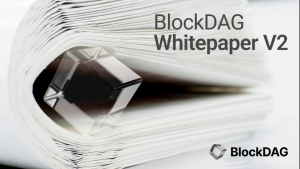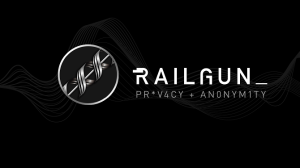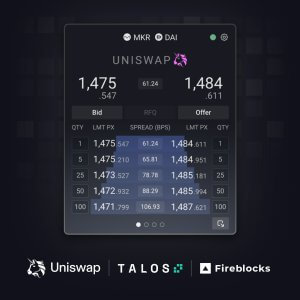Interactive Brokers replies to customers’ claims about faulty management of portfolio margin accounts
According to the broker, the complaint should be dismissed as it rests on the false legal premise that ETNs the plaintiffs traded are ineligible for portfolio margin treatment.

Electronic trading major Interactive Brokers LLC has sought to reply to claims by two of its clients – Timothy Moss and Heather Hauptman, accusing the broker of unlawful management of their portfolio margin accounts.
In a motion to dismiss and an accompanying memorandum filed with the New York Southern District Court, Interactive Brokers aims to rebuff the allegations.
- The case
The plaintiffs opened Portfolio Margin Accounts at Interactive Brokers and engaged Meridian Capital Advisors, LLC as their financial advisor, and provided Meridian with discretionary authority over their accounts. Meridian placed orders to buy and sell ETNs and options on ETNs in the plaintiffs’ accounts.
To determine the amount of margin available, Interactive Brokers applied a “risk-based” margin model, called portfolio margin, to the plaintiffs’ ETN positions. Portfolio margin generally allows for the use of higher leverage than standard ‘strategy-based’ margin lending, which is usually referred to as ‘Reg T’ margin lending. Applying portfolio margin to the plaintiffs’ ETN positions rather than Reg T margin resulted in greater availability of credit and greater leverage in their accounts.
Over a two-week period in August 2015, however, spikes in market volatility caused the equity value in the plaintiffs’ accounts to drop sharply. According to the plaintiffs, Interactive Brokers increased the margin requirements applicable to plaintiffs’ accounts and closed some of plaintiffs’ open positions, “resulting in large losses.”
The plaintiffs also allege that when Interactive Brokers computed Plaintiffs’ margin requirements using portfolio margin rather than Reg T margin, Interactive “broke its promises” to the plaintiffs. Plaintiffs were harmed, according to the Complaint, because they were exposed to greater leverage and correspondingly greater investment risk than they should have been.
In particular, the plaintiffs allege that Interactive Brokers applied a margin methodology to their positions that was inconsistent with Interactive Brokers’ disclosures and contrary to the rules of the Securities and Exchange Commission (SEC) and the Financial Industry Regulatory Authority (FINRA) concerning exchange traded notes (ETNs). Plaintiffs are suing Interactive for breach of contract, promissory estoppel, unjust enrichment, breach of the covenant of good faith and fair dealing and negligence.
- Interactive Brokers’ objections
In its latest filings with the Court, the brokerage notes that it is an online-only securities broker that allows its customers or their third party financial advisors (who are unaffiliated with and wholly independent from Interactive) to enter orders on a personal computer or mobile device, which IB then executes on various exchanges. Interactive Brokers emphasizes that it does not solicit orders or provide investment advice or recommendations to its customers or their advisors. The company underlines that the plaintiffs do not (and could not) allege that Interactive Brokers had any role in devising their unprofitable trading strategy.
In addition, according to Interactive Brokers, the Complaint should be dismissed for failing to state a claim because it rests on the false legal premise that the securities the plaintiffs traded, exchange-traded notes (“ETNs”), are ineligible for portfolio margin treatment. In fact, according to the broker, the SEC authorized portfolio margining of ETNs more than a decade ago.
The SEC has recognized this dual nature of ETNs since 2006, when it first authorized them to be listed for trading on registered securities exchanges. ETNs are hybrid investment products that have characteristics of both equity securities (like stocks) and debt securities (like bonds). According to the defendant, the SEC has repeatedly and publicly declared that ETNs, though structured as notes, would nevertheless be treated as equity securities for purposes of trading and margin rules: “the Exchange’s existing equity trading rules will apply to trading of the Notes” and “the Notes . . . will be subject to the equity margin rules of the Exchange.”
Because ETNs “are considered equity securities” and are subject to the rules “governing the trading of equity securities,” including “the equity margin rules,” ETNs are eligible for portfolio margining under FINRA Rule 4210. There is no contrary SEC guidance cited in the Complaint, because none exists, the broker says.
According to Interactive Brokers, the Complaint fails to state a claim because there is no private right of action for a broker’s alleged violations of FINRA rules generally or margin rules specifically, or for a broker’s alleged overextension of margin credit. The law is consistent with the common-sense public policy that investors cannot be allowed to reap the profits associated with trading on margin only to shirk responsibility for their losses once their trading strategy turns against them.
The case is captioned Hauptman et al v. Interactive Brokers, LLC (1:17-cv-09382).









